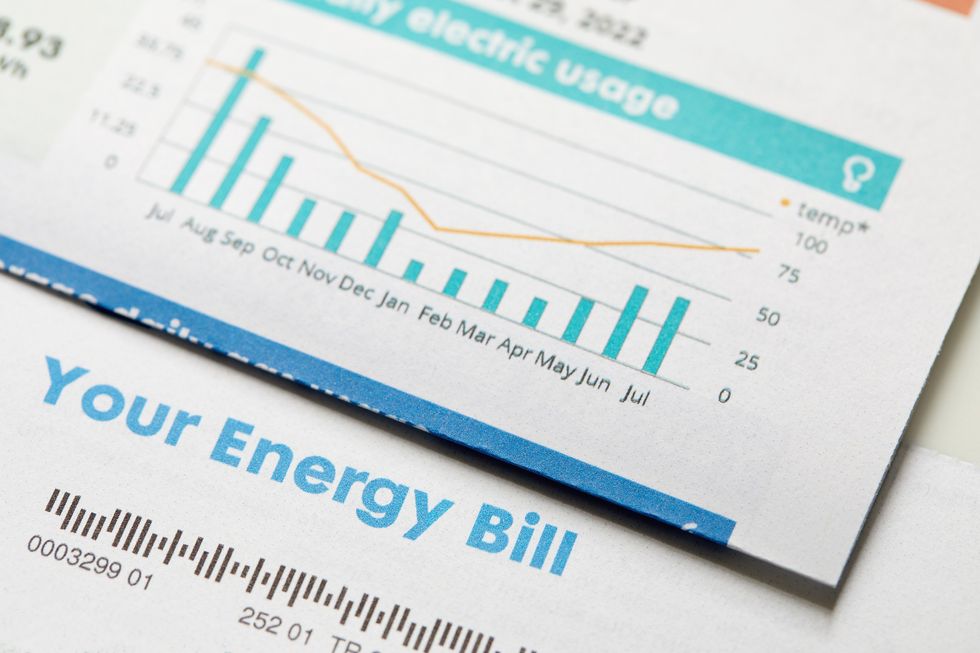Martin Lewis has urged Britons to take action as energy prices rose by 10 per cent on October 1.
Despite this increase, the founder of MoneySavingExpert pointed out that wholesale energy rates have actually dropped, creating an opportunity for savvy consumers to save money.
In the latest MoneySavingExpert’s Money Tips Email, he explained ‘why energy prices rose 10 per cent even though wholesale rates have dropped’ and how to use that to stop the energy price cap rise
The energy price cap, which Lewis dubs the “pants cap”, has risen to £1,717 a year for an average dual-fuel household paying by direct debit. This increase affects about 85 per cent of households in England, Scotland, and Wales.
Lewis explains that the price cap is “time-lagged”, based on wholesale rates from mid-May to mid-August. This means it doesn’t reflect the recent fall in wholesale prices.
He strongly advised consumers to compare energy deals, as there are now fixed-rate tariffs available that are cheaper than the previous price cap. The money-saving expert emphasised that staying on the default tariff means “ripping yourself off”.

Lewis advised consumers to compare deals using price comparison websites that show all available tariffs by default
GETTY
He urged people to use price comparison websites to find better deals and potentially save over £200 a year.
Lewis outlined three main options for consumers to beat the energy price cap rise:
- Fix now: This is considered the easiest and safest route for most people. The cheapest fixed-rate deals are currently slightly cheaper than the previous price cap, allowing consumers to lock in a rate for a year and avoid the 10 per cent rise.
- Get a discounted price cap tariff: These tracker tariffs promise to follow the price cap but at a lower rate. Some have lower standing charges, making them particularly beneficial for low energy users. Many have no exit fees, allowing penalty-free switching if better deals emerge.
- Octopus rapid price-change tariffs: These innovative tariffs are designed for sophisticated energy users. Rates change rapidly with wholesale prices, offering potentially significant savings but also carrying higher risk. They’re currently only available to existing Octopus customers.
He emphasised that energy deal prices vary depending on location and usage, so individual comparisons are crucial for finding the best option.
Elise Melville, energy expert at Uswitch.com, confirmed this trend, noting that the current cheapest fix is from Outfox the Market, costing £1,555 for households with average usage.
This represents a £162 saving compared to October’s price cap.
LATEST DEVELOPMENTS:
Many major providers are now offering fixed-rate deals below the new cap, with Ovo Energy and EDF Energy providing savings of about £150.
However, Lewis cautioned that some fixed-rate deals may include penalties for early exit.
The MoneySavingExpert founder also raised concerns about vulnerable households, particularly elderly individuals who may struggle with rising energy costs.
He criticised the system’s unfairness, noting that “a 90-year-old grandpa with onset dementia … will pay more to boil a kettle than I do”.
This issue is exacerbated by the Government’s decision to eliminate Winter Fuel Payments for all but the poorest pensioners.